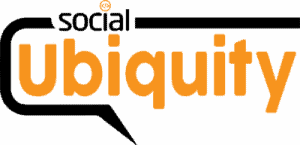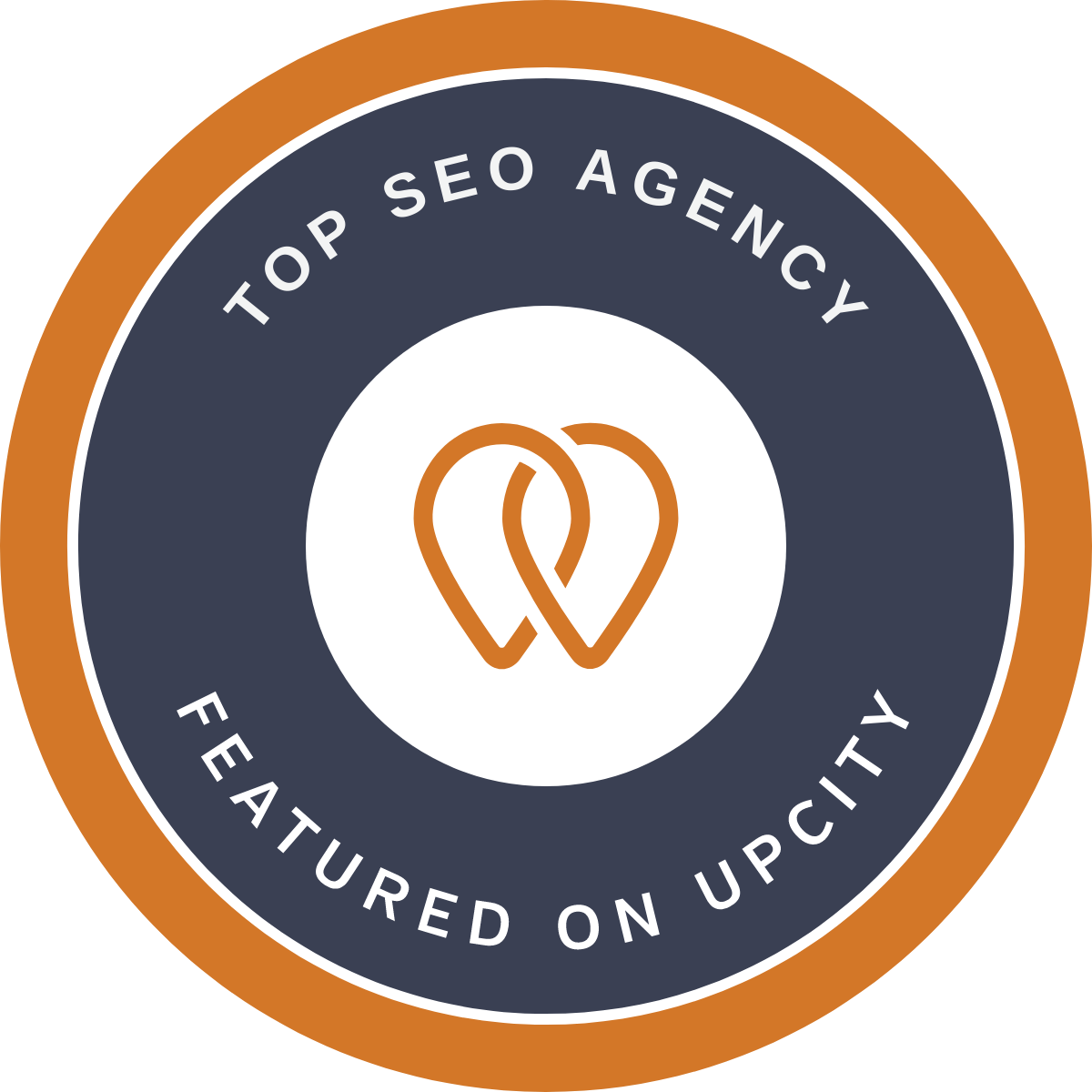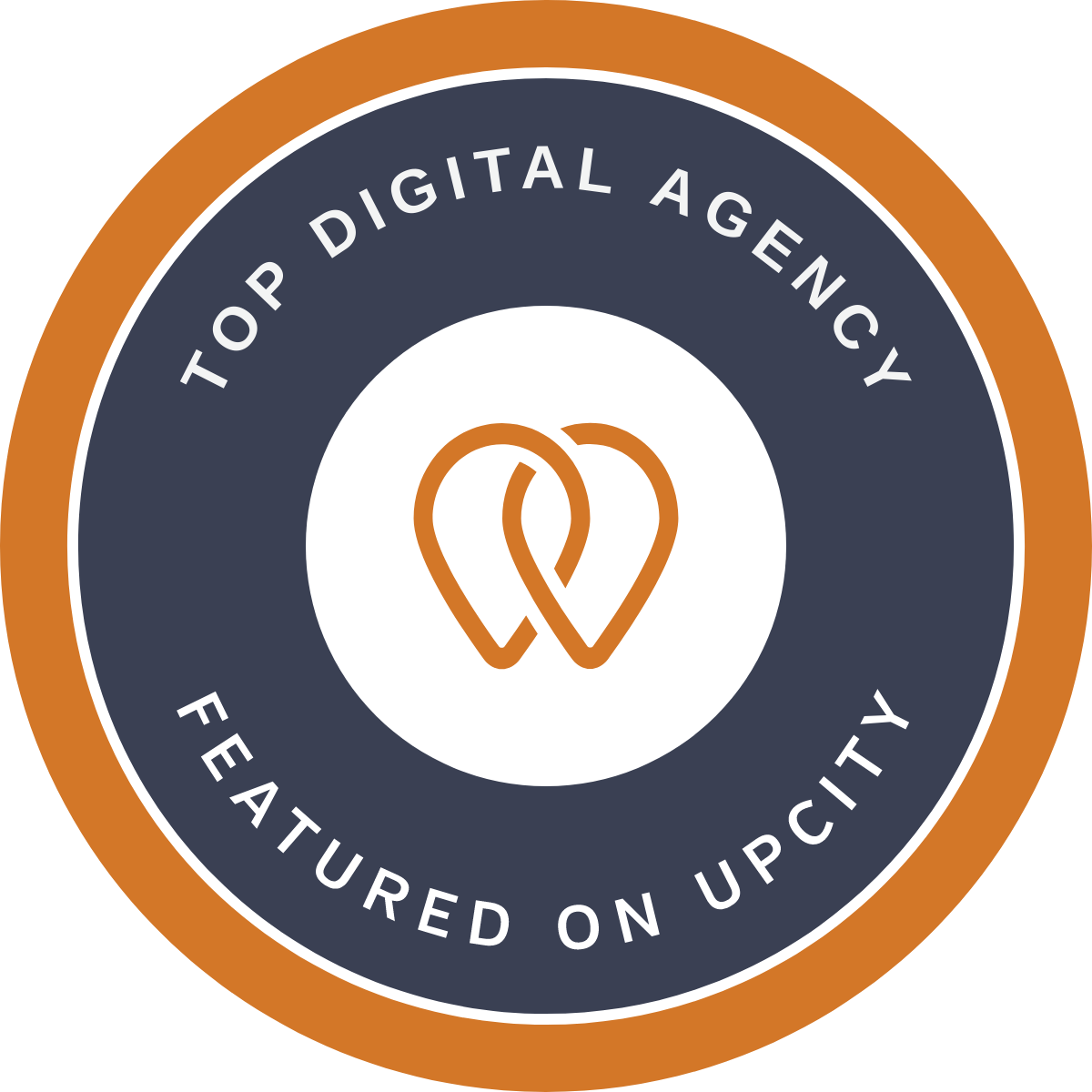Pay Per Click (PPC) Marketing
How to Use Pay Per Click Ads to Improve Your Profits
Maximizing the return on investment for each click.
What is PPC Marketing?
It is an online advertising model used to direct traffic to websites where advertisers pay the publisher (typically a website owner) when the ad is clicked.
PPC can be an effective and cost-efficient form of online marketing, as it only requires payment when someone actually engages with the advertisement.
This makes it easier for marketers to manage their campaigns and budgets.
Want to improve your sales and increase website traffic? Pay Per Click (PPC) advertising can help you achieve those goals. PPC allows businesses to pay a certain amount each time someone clicks on their advertisement, allowing them to target specific customers and get the most out of their budget.
Learn how to create successful campaigns and maximize ROI with the power of Pay Per Click marketing.
Why is PPC (pay per click) Important?
PPC campaigns generate an average return of $2 for every $1 spent.
Pay-per-click (or PPC) advertising allows businesses to display their advertisements through sponsored search listings directly to potential customers who are searching online for a product or service. Using this form of marketing, businesses only pay when an interested user clicks on their advertisement, allowing them to correctly target audiences and create effective campaigns that boost leads and sales while managing costs.
Choose Your Target Audience
One of the most important steps in creating a successful Pay Per Click campaign is to determine your target audience. Your choice of keywords and ad placement will be determined by who you are trying to reach.
Think about the characteristics of your ideal customer, such as age range, gender, interests and location. This information can then be used to create relevant ads that will appeal to your target audience and drive them to take action.
Set Up a PPC Advertising Campaign
To get started with your PPC campaign, you’ll need to sign up for a PPC provider such as Google Ads or Bing Ads. Use their tools to research the best keywords for your business and create ad campaigns for each keyword set.
Depending on the platform, you may be able to set a daily budget or pay per click basis that allows you to control your costs and maximize your results.
Monitor and Adjust Your Ads as Needed
Once you’ve launched your PPC campaign, pay attention to the performance of each ad and adjust as needed.
Make sure the ads are eliciting responses from potential customers, monitor clicks and other activities associated with the campaign and find ways to optimize it for even better results.
Track conversions to ensure that you’re reaching your targets, set goals for ROI, and test different campaigns for improved performance.
Analyze the Results & Optimize for Better Performance
When running a PPC campaign, it’s important to closely monitor the results and figures associated with it. Pay attention to key performance indicators such as click-through rate (CTR), cost per click (CPC), conversion rate, cost per action (CPA) and return on investment (ROI).
Analyze the data to see which ads are performing best and make changes accordingly in order to optimize your campaigns. This will ensure that you’re making progress towards your goals and maximizing your ROI.
Leverage Automation Tools to Maximize Efficiency
Utilizing automation tools can save you lots of time while running a successful PPC campaign. By automating repetitive tasks from identifying keyword opportunities to bid adjustments and managing budgets, you can save a lot of time and money. Automation tools also make it easier to track performance data allowing for more in-depth analysis that could uncover insights for further optimizing ROI.
What's the difference between PPC, SEM and SEO?
PPC marketing is different from Search Engine Marketing (SEM) and Search Engine Optimization (SEO); however, these terms are often used interchangeably. With PPC, the advertiser pays for each click on their ad, whereas SEM and SEO are more focused on improving a website’s visibility in search engine results pages (SERPs).
How Does PPC Work?
Opportunity to target potential customers more effectively.
This type of marketing functions by allowing advertisers to create campaigns that target certain demographics, interests, locations and more.
They can set a maximum bid for the keywords they wish to target, which will determine how often their ads are shown, and what position in the search engine results page.
Google Ads
Google Ads is the largest PPC platform, providing vast reach to companies of all sizes by leveraging the 99,000+ searches per second it processes. This makes it an ideal choice for business who are trying to expand their customer base and increase profits through targeted digital advertising.
YouTube Ads
PPC advertising works by placing your supplemental video adverts on major media channels such as YouTube, ensuring you reach a wider audience than organic traffic. Non-skippable video ads can be up to 15 seconds long and are required to be watched in full before the main video can be viewed, helping to convert viewers into buyers.
Facebook Ads
Facebook Ads is a popular PPC platform used by organizations to reach potential customers and build brand awareness. The ads appear in places like the news feed of Facebook users, the right-hand column of the desktop site, and within Stories sections on mobile devices.
Pass the Competition with Social Ubiquity
Get A Free SEO Report
What are the types of PPC ads?
Pay per click (PPC) marketing is a form of digital advertising that allows advertisers to pay for their ads only when a user actually clicks on them.
It is an effective way for businesses to target potential customers and generate leads and sales through various search engines such as Google, Bing, and Yahoo.
PPC ads are displayed alongside organic search results in search engine results pages (SERPs) enabling better visibility for businesses.
Through PPC campaigns, businesses can create relevant content tailored to their target audience, monitor campaigns performance metrics, such as impressions and clicks, optimize the ad campaigns to deliver better returns on investment (ROI) and more.









